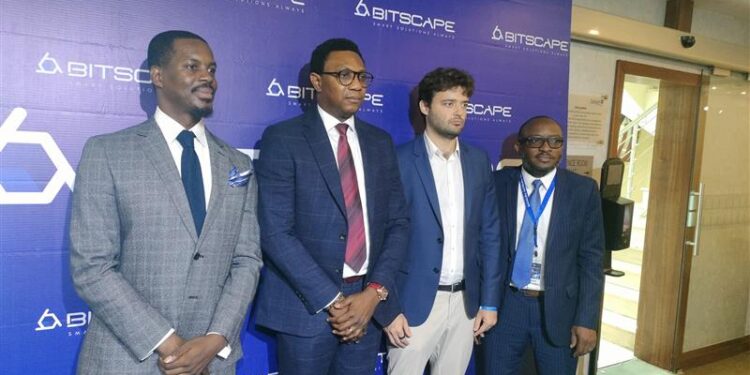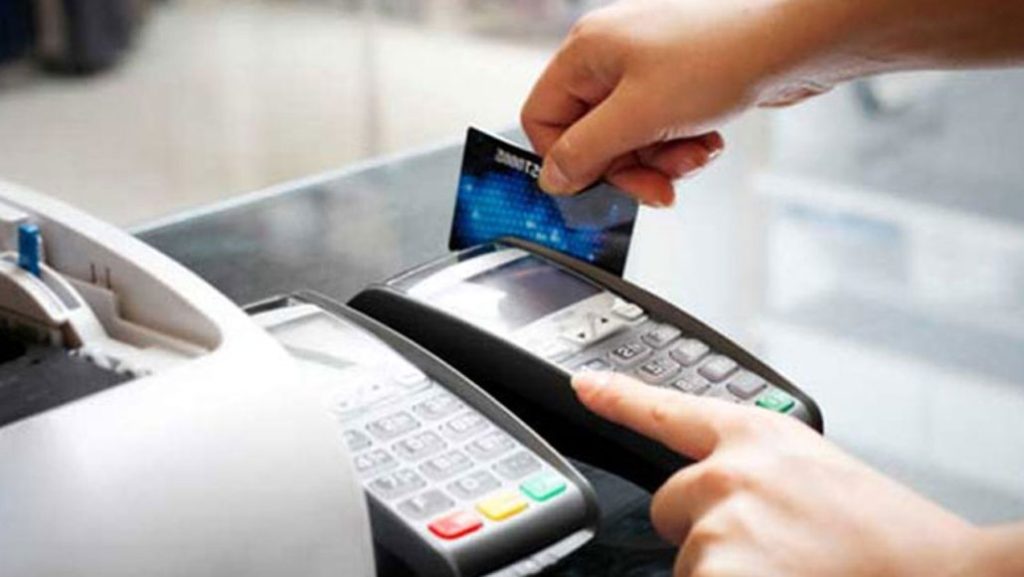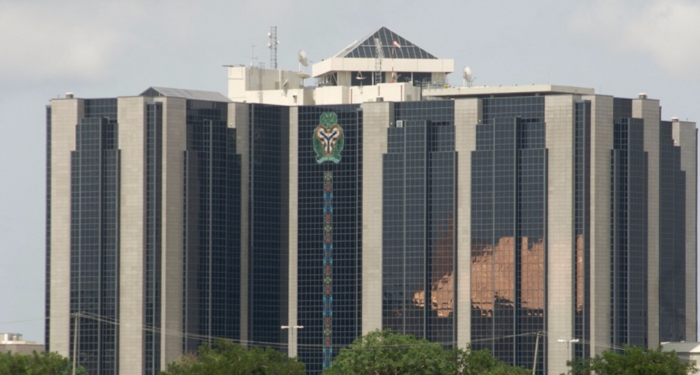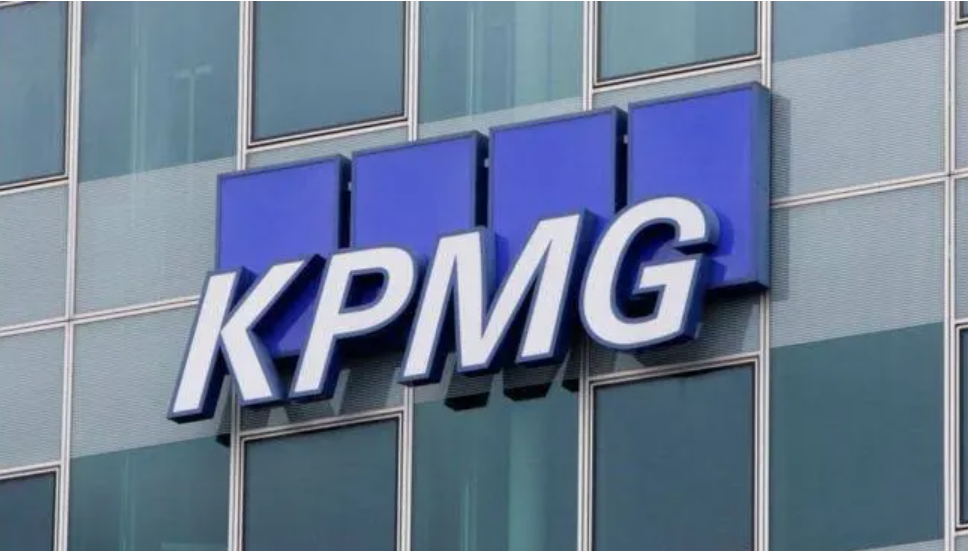Banks Face Rising Cybersecurity Threats

Cybercrime is becoming one of the biggest dangers to Nigeria’s financial system, and experts are warning that banks must step up their investments in cybersecurity before the problem spirals out of control. At a recent cybersecurity forum in Lagos hosted by Bitscape Technology Services, industry leaders stressed that the pace of technological change has armed criminals with more advanced tools, and financial institutions can no longer afford to treat security as an afterthought.
A report from the Nigeria Inter-Bank Settlement System revealed that in 2024 alone, Nigerian banks lost a staggering N52.26 billion to fraud. This is almost three times higher than the N17.67 billion lost in 2023, a 195 percent jump in just one year. Such alarming numbers show that the cost of cyberattacks is not just increasing but accelerating at a pace that could destabilize the sector if not addressed quickly. For banks that hold the trust and savings of millions of Nigerians, the implications are huge.
At the forum, experts explained that while banks are making efforts to strengthen their systems, cybercriminals are moving even faster, often staying a step ahead. Nonso Magulike, Executive Director at Bitscape, explained that the evolution of cloud computing and artificial intelligence has changed the game entirely. Hackers now have access to sophisticated technologies that allow them to strike at a rate that traditional security systems cannot withstand. According to him, banks must therefore continue investing heavily, not only in new technologies but also in training and processes that ensure every part of their operations is protected.
He pointed out that the conversation should not only focus on large banks with deep pockets. Smaller financial institutions and businesses are equally vulnerable, yet they often assume cybersecurity is too expensive or unnecessary until it is too late. The purpose of the event, Magulike said, was to show that there are cost-effective solutions that even small and medium-sized businesses can adopt. Cybersecurity, he argued, is not just about firewalls or antivirus software; it requires a complete approach that includes technology, people, and well-designed processes working together.
The role of artificial intelligence in this new security landscape was a central theme of the discussions. While AI has the power to strengthen defenses, it also creates new risks. Frank Egwakhide, Chief Information Security Officer at DLM Capital, described AI as a double-edged sword. Hackers are already exploiting AI tools to launch more complex and targeted attacks, and if financial institutions are not equally equipped, they stand no chance of defending themselves. In his words, it is now “AI versus AI,” and relying on manual systems in this era is like bringing a knife to a gunfight.
This view was echoed by Ayodeji Faleto, Head of Compliance at Crystal Finance, who highlighted how AI is enabling cybercriminals to develop innovative ways to penetrate businesses. He urged financial institutions to embrace AI but to do so responsibly, ensuring that its use remains ethical and guided by strong compliance. He emphasized that regulators are doing their best to raise awareness and enforce standards, but companies themselves must go beyond box-ticking compliance. The real test, he argued, is whether a system can hold up against threats even when regulators are not watching.
Globally, the same concerns are being raised. A recent report by Sophos, a cybersecurity firm, found that although 65 percent of organizations now use generative AI capabilities in their security systems, almost nine in ten IT leaders remain worried about vulnerabilities in these tools. In fact, 98 percent of organizations surveyed said they have already embedded AI in their cybersecurity infrastructure, but most leaders fear an overreliance on AI could create new risks if not balanced with human oversight and other layers of protection.
For Nigeria’s financial sector, these warnings cannot be ignored. Banking is built on trust, and every major fraud incident weakens public confidence. Customers expect their deposits, transactions, and personal data to be secure. If banks appear unable to provide that safety, they risk losing the confidence that keeps the entire system running.
The rising cost of fraud also directly affects banks’ profitability. Money lost to cyberattacks reduces funds available for lending, expansion, and innovation. It could even threaten financial stability if the losses continue to grow unchecked. This is why experts are calling for urgent investments, not only in technology but also in building a culture of cybersecurity awareness from the boardroom to the front desk.
The message from the Bitscape forum was clear: cybercrime is not slowing down, and Nigerian banks must rise to the challenge. Every organization, regardless of size, must treat cybersecurity as a top priority, not an optional expense. With criminals leveraging AI, automation, and cloud tools, banks must be ready to fight back with equal force. Only then can they protect their customers, safeguard the economy, and ensure that trust in the financial system remains intact.





Responses